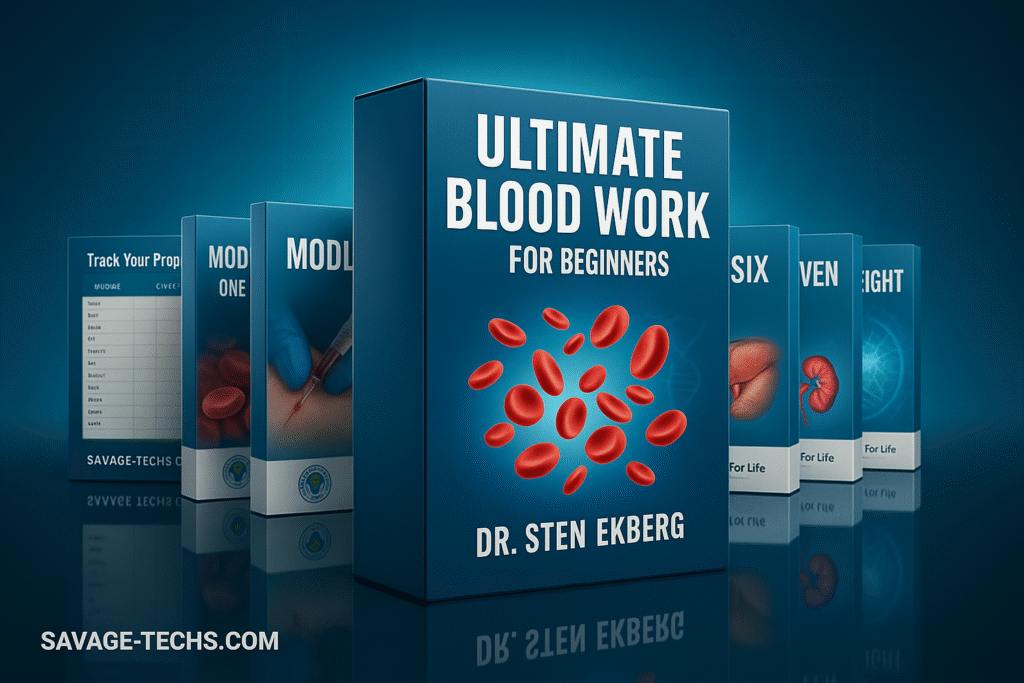BLOOD WORK COURSE
KEY DETALS OF
BLOOD WORK COURSE
Course is taught in easy-to-understand English
Perfect for beginners, students, and non-medical learners
No previous medical knowledge is required
Focuses on real-world application, not just theory
Teaches you to read and understand your own lab reports
Helpful for nursing students, health coaches, and wellness advisors
Covers a wide variety of essential blood tests
Builds strong foundational knowledge for health-related fields
Simplified explanations make it easier to follow and learn
TOPIC COVERED
Introduction to Blood Work and Its Importance
Basics of Human Blood Components
Understanding Hemoglobin, WBC, RBC, Platelets, and Plasma
How to Read a Complete Blood Count (CBC) Report
Liver Function Tests (LFT) Explained in Simple Terms
Kidney Function Tests (KFT) and Their Meanings
Lipid Profile and Cholesterol Tests
Blood Sugar Testing (Fasting, Random, HbA1c)
Thyroid Function Tests (T3, T4, TSH)
Vitamin and Mineral Level Tests (Vitamin D, B12, Iron)
Infection Markers (CRP, ESR)
Blood Test Patterns in Common Diseases
How to Interpret Lab Results Practically
Mistakes to Avoid When Reading Blood Reports
Practical Exercises with Real-Life Examples
WHICH SKILLS YOU GAIN AFTER COMPLETE THIS COURSE
After completing this course, you will have the knowledge to understand and interpret basic to advanced blood test reports with clarity and confidence. You will learn how each test works, what the results indicate, and how to identify warning signs in lab reports. This course teaches you how to analyze common health conditions through blood data, making it easier to support clinical decisions, personal health tracking, or provide patient explanations. You will also be able to differentiate between normal and abnormal ranges, recognize patterns in blood reports, and apply this understanding in real-life situations. Whether you’re a healthcare student, medical professional, or just someone interested in health awareness, you’ll gain valuable skills to understand blood analysis clearly and practically. These insights are especially useful in improving health literacy and making better health-related decisions with or without medical background.

